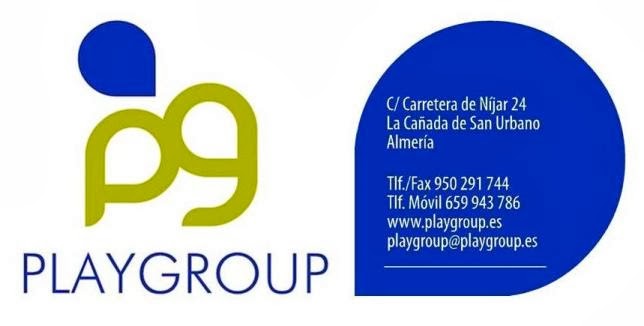Me fijo habitualmente en cómo Julián se relaciona con otros niños y otras personas y compruebo que es inteligente y que con tres años y medio no tiene problemas para hacerse entender en español. Es cierto que cumplió dos años y decía 10 palabras a lo sumo, mezclando inglés y español. Su actual profesora del colegio nunca me ha hecho alusión de que no se entere en clase o de que no participe como los demás, o de que hable inglés sin parar (jaja, esto no me importaría). Así que pienso que mi hijo está teniendo un desarrollo normal del lenguaje, que sobre todo habla español, porque es la principal herramienta que necesita para comunicarse en su mundo (ya que nadie aparte de su madre - o las dos horas de academia - le habla en inglés, pero que es capaz de entender inglés bastante bien, e incluso está empezando a componer sus propias frases, de cosecha propia.
Investigando en la red sobre este tema he encontrado un artículo que me ha resultado interesante porque cita varias fuentes científicas. Y sobre todo me ha gustado que al final se resume todo de una sencilla manera y que copia a continuación:
Investigando en la red sobre este tema he encontrado un artículo que me ha resultado interesante porque cita varias fuentes científicas. Y sobre todo me ha gustado que al final se resume todo de una sencilla manera y que copia a continuación:
Here are some things to remember:
- Research shows that bilingual children start speaking within the same time frames as monolingual children. Some children start speaking before we expect it to happen and others much later, regardless of the number of languages spoken in the home. Thus, keep an eye on your children’s overall language development in general and check with a trusted speech therapist if you are concerned.
- Bilingual children can have the same speech and cognitive disorders as monolingual children. It is important for us to understand this. Just because your child is bilingual doesn’t mean he or she is free from all language disorders! If you are concerned that your child has a speech disorder, make sure to get it checked out as soon as you can. But if you are told that you need to switch to a monolingual household, ask the therapist why this is being recommended and possibly consider getting a second opinion from a therapist who understands the role that bilingualism plays in a growing child’s life. Ask the therapist to show you specific research which proves that switching to a monolingual household will make a significant difference in your child’s therapy success.
- Children in a bilingual household do not need to be “taught” a language to ensure that they get it right. Language learning itself is a complex process which your child is working through step by step based on the surrounding verbal input. Just use your languages as much as possible with your children and their brains will do the work of putting it all together.
Aquí tenéis el link del artículo original:

No hay comentarios:
Publicar un comentario